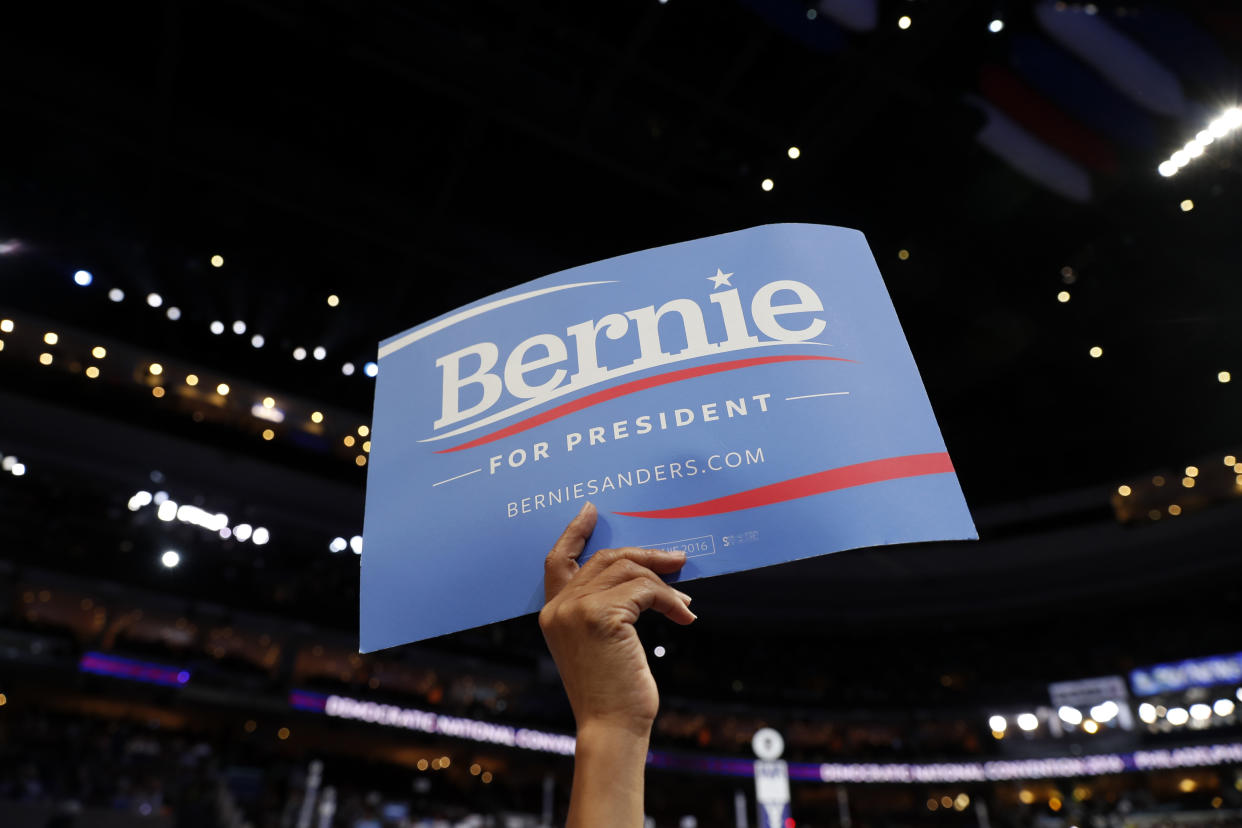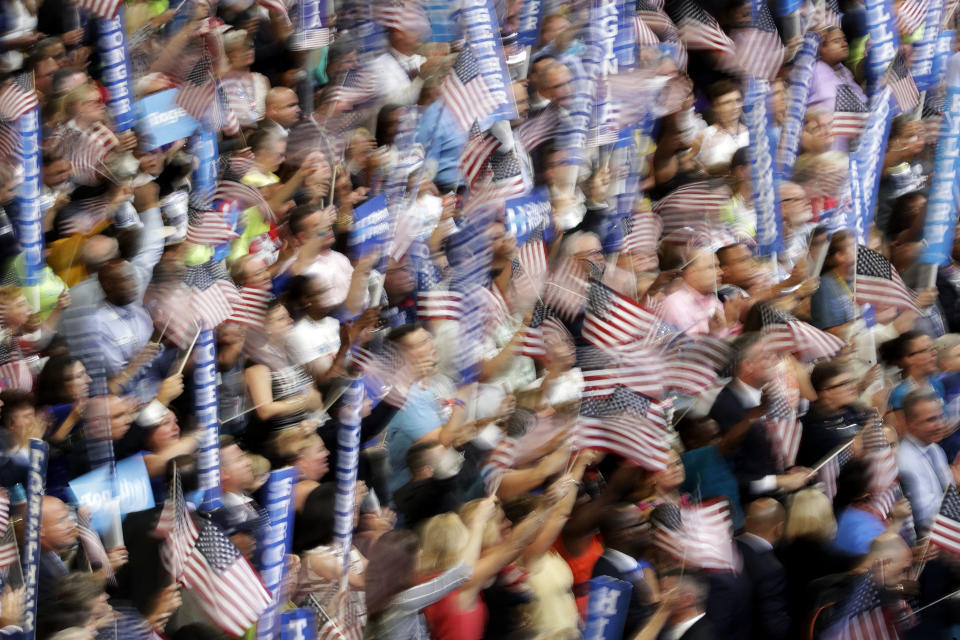Democrats' superdelegate fix could have unintended consequences

After six months of work, a key Democratic panel Wednesday approved recommendations for the party to reduce the influence of so-called superdelegates in the 2020 presidential primary.
But the party’s solution does not reduce the number of superdelegates or eliminate them, as some had wanted. It seeks to prevent these independent actors in the primary from influencing the early stages of a contest through their endorsements, which was a complaint lodged by supporters of Sen. Bernie Sanders in the 2016 election.
The language set to be voted on for final approval in August by the Democratic National Committee leaves room for superdelegates to play a decisive role if the presidential primary is unresolved by the time of the convention. And with a historically large number of Democratic candidates considering a run in 2020, the possibility that no one candidate will win a majority of delegates is far from a long shot.
But the recommendation of the Rules and Bylaws Committee is that superdelegates — who since 1984 have been delegates to the convention free to vote for the candidate they want rather than one based on party primary results — be prevented from voting on the first ballot of the convention. The intent is to create a process where delegates allocated purely by the popular vote in state primaries are the only factor that contributes to who wins the nomination.
The Rules and Bylaws committee held meetings every month since January to hash out how to implement the findings of the 2016 Unity Commission, which met in 2017 to bring together the Sanders and Hillary Clinton wings of the party. The Unity Commission recommended in December that the DNC reduce the number of superdelegates from more than 700 to just over 300. That would cut the total percentage of superdelegates by more than half, from 15 percent of the total number of delegates to 7 percent.
Over the past month or two, however, the Rules and Bylaws Committee settled on a different strategy: barring superdelegates from the first ballot. Sanders praised the move last month when it was first discussed, calling it “a major step forward in making the Democratic Party more open and transparent.”

A top Sanders adviser at the meeting Wednesday echoed that sentiment. “I think the folks here are trying to reflect the will of the people out in the country. So I think that’s laudable,” Jeff Weaver, who ran Sanders’s 2016 campaign and who attended most of the Rules and Bylaws meetings, told Yahoo News.
Weaver said he sat through hours of haggling over arcane details of procedural documents “to see the reforms that we unanimously passed [on the Unity Commission] make it through the entirety of the process.”
But one of the more expert observers of the primary process, Josh Putnam, said that the DNC changes may have unintended consequences, which is often the case when political parties change their rules in reaction to the last election.
Putnam, a professor at the University of North Carolina-Wilmington who specializes in campaigns and elections, and runs the Frontloading HQ blog, said the DNC’s proposal “is flawed because it is potentially built on wishful thinking … that the process will work the way it normally does.”
Democrats have not had a convention go past the first ballot since 1952. But in 2020, “the scenario that has often been spoken about is one where a large field of 2020 Democratic candidates winnows slowly enough under proportional allocation rules to keep some candidate from a majority of delegates before the convention.”
If that outcome looked likely at any point in the primary, the first-ballot vote at the convention would become “devalued,” Putnam wrote. “The second vote — the one with superdelegates — then becomes the ‘real’ vote.”
“This is a quirk, a roadblock, a problem, or a scenario for which the RBC is not exactly planning,” Putnam wrote. “That is a scenario in which superdelegates may be needed to break the stalemate.”
Because that will remain a possibility, Putnam said, the idea that superdelegate support will not be reported by the press or weighed by voters in a way that influences their vote is “hard to imagine.”
Rules and Bylaws Committee member Frank Leone told Yahoo News he did not think the superdelegates would wield significant influence over the primary. But several other committee members, when asked to comment on Putnam’s article critiquing their proposal, did not respond.
In a phone interview, Putnam said that the DNC proposal moving toward a final vote in August “is an idea that they put out there in early March” and has “been floating around the left side of the internet since 2016 or before.” His take was that DNC chairman Tom Perez was pushing the proposal along, and that Perez’s priority is to pass something that is declared to be a minimization of superdelegates.
As Rules and Bylaws committee co-chairman Jim Kennedy said Wednesday, “Nobody is going to really read [the rules document itself]. It’s what we announce that counts.”
And for Perez, the political imperative is that the DNC pass something to signal to voters who were alienated by the 2016 process that they can still believe in the Democratic Party. “The status quo is unacceptable. We have to move forward … to ensure that we’re continuing that ongoing process of rebuilding trust,” Perez said in March.
The Rules and Bylaws Committee did not consider the potential for completely eliminating superdelegates, Putnam said, because to do so would require a charter change, and that can only be passed with a supermajority of the two-thirds of the DNC’s more than 200 members. “There’s no way two-thirds would go for a full elimination,” Putnam said.
In fact, there are some superdelegates who are planning a protest of the DNC proposal in August at the Chicago meeting.
_____
Read more from Yahoo News:



